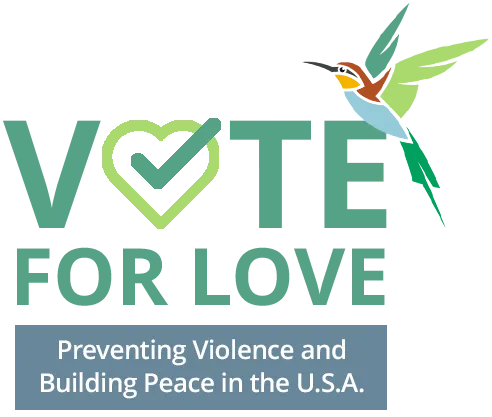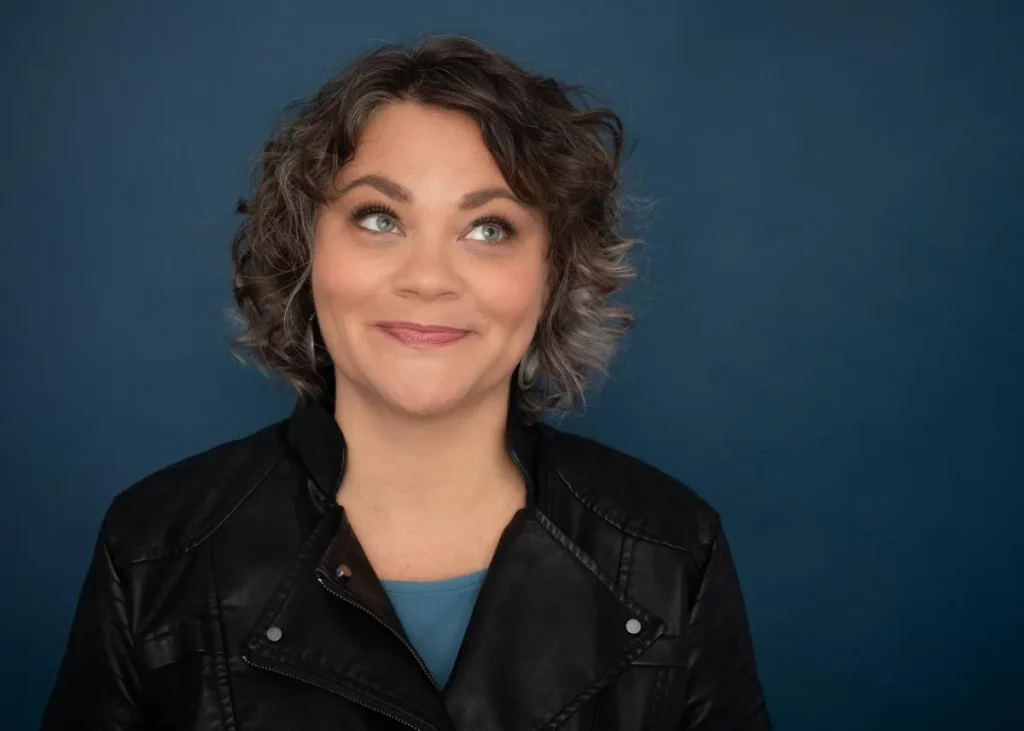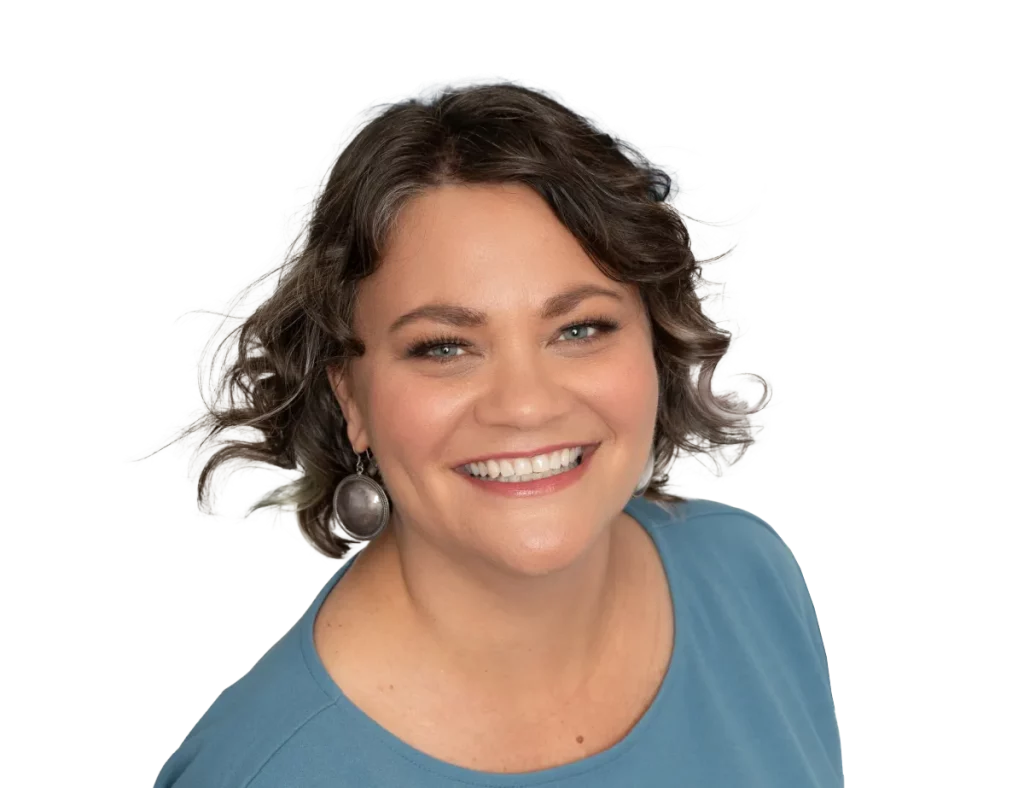





Hello friends, I’m glad you found me!
I’ve been passionate about peace since I was young. I didn’t grow up in a peaceful home, so I have spent my life trying to figure out how to build peace around me.
First, I learned about political peace by earning a graduate degree in International Relations and Peace Studies. I went on to a twenty-year career promoting democracy, human rights, and peace around the world.
Everywhere I went, people were skeptical. They didn’t believe peace was possible. Even the Director of my graduate school’s Peace Fellowship program used to tell us that peace was an illusion. He believed political actors were always preparing for war.
When hatred and political violence surged in the United States in recent years, I gained personal perspective. In the lead-up to the 2020 Presidential election, I spotted the same signs of potential violence that I had seen abroad. I didn’t want my own country to fall into the vicious cycles I had seen elsewhere. Despite feeling overwhelmed as a single working mom during the pandemic, I felt a strong urge to do something to mitigate the tensions.
When my own family members in rural Pennsylvania were promoting anti-government violence, I countered by organizing a nonviolent communication training in my hometown to help de-escalate tensions and give people a way to speak about their differences. In the wake of the January 6th attack on the U.S. Capitol, I wrote an Op-Ed urging Americans to reach out to each other despite our differences. I was appointed by the Mayor of Washington D.C. (where I live) as a Commissioner on the quasi-judicial body that hears appeals when a person’s concealed pistol carry license is revoked. Most importantly, I spent countless hours healing the traumas of my own life and finding a deep sense of peace within myself.
That’s when I realized that we all have a critical role to play in building peaceful societies. We can’t wait for other people to do the work for us – even our politicians and political parties. We all have the power to take action – and we must. It doesn’t have to be difficult or overwhelming. We can start by healing ourselves, loving each other better despite our differences, and speaking out against hatred and violence in small ways. We can also serve our communities as neighbors and volunteers in local organizations.
If we all get involved in the personal and local ways, those things will eventually add up to broader social change. It will take a critical mass of Americans doing these things to shift our social norms toward universal love, but I believe we can do it. I hope you believe it too.
Speaking of beliefs, here is my favorite quote from the writings of the Baha’i Faith:
“World peace is not only possible but inevitable. Whether peace is to be reached only after unimaginable horrors precipitated by humanity’s stubborn clinging to old patterns of behavior, or is to be embraced now by an act of consultative will, is the choice before all who inhabit the earth.”
Peace is possible, friends, but we must take action to bring it to life. Please choose peace, and let’s build a more peaceful society together. Let’s do it for our kids and beyond.
Peacebuilders unite!
With loving kindness for all,
Danielle
I have been a professional peacebuilder for two decades. As the word ‘peace’ increasingly appeared on my resume, I learned different peacebuilding approaches.
I specialize in supporting political transitions, having advanced democracy, human rights, and peace around the world in Africa, Asia, Eastern Europe, and South America.
I am also a vocal supporter of non-violence, gender equality, and the value of diversity.
I know that all people can contribute to building peace in our country.
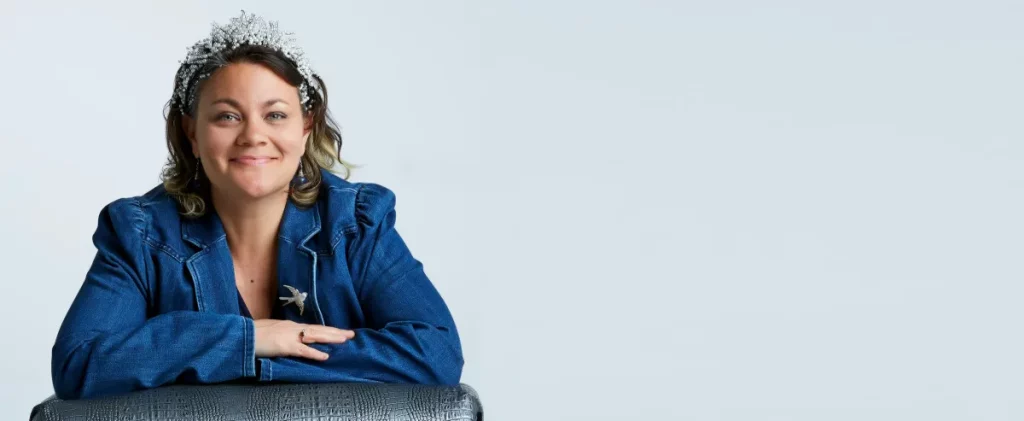
I have been a professional peacebuilder for two decades. As the word ‘peace’ increasingly appeared on my resume, I learned different peacebuilding approaches.
I specialize in supporting political transitions, having advanced democracy, human rights, and peace around the world in Africa, Asia, Eastern Europe, and South America.
I am also a vocal supporter of non-violence, gender equality, and the value of diversity.
I know that all people can contribute to building peace in our country.

As an officer with the U.S. Foreign Service for two decades, Danielle Reiff advocated for the inclusion of marginalized groups and civil society in peace and governance processes around the world. Here are a few highlights from her work.
During the 2006-2008 Juba peace process for northern Uganda, Danielle supported the Government of Uganda Peace Team to organize national consultations on transitional justice. The consultations were held in eleven locations nationwide and included distinct opportunities for women, ex-combatants, and children to express their views. In response to popular demand expressed during the consultations, the Government of Uganda agreed to include a truth-telling mechanism in the final peace agreement. While the Lord’s Resistance Army failed to sign the negotiated agreement, the Government unilaterally established a special court to try war crimes.
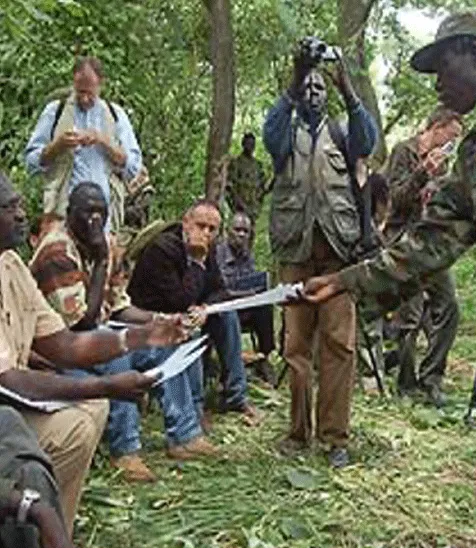
In this 2006 photo, Vincent Otti, then Deputy Chief of the Lord's Resistance Army (LRA), gives Sudan's then Vice President Riek Machar a list of LRA delegates to peace talks between the LRA and Government of Uganda. (Photo: Matt Brown / AFP-Getty Images)
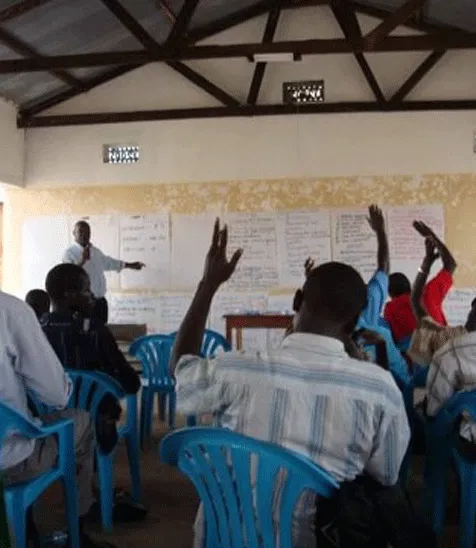
During the period of instability caused by the Lord’s Resistance Army, the majority of northern Ugandans lived in camps for internally displaced persons while local government structures were disbanded. As the 2006-2008 peace talks evolved and security returned to northern Uganda, local governments needed to be re-established. In this picture, Danielle is monitoring a training of new local government officials and civil society activists on their governing roles and responsibilities under Ugandan law.

